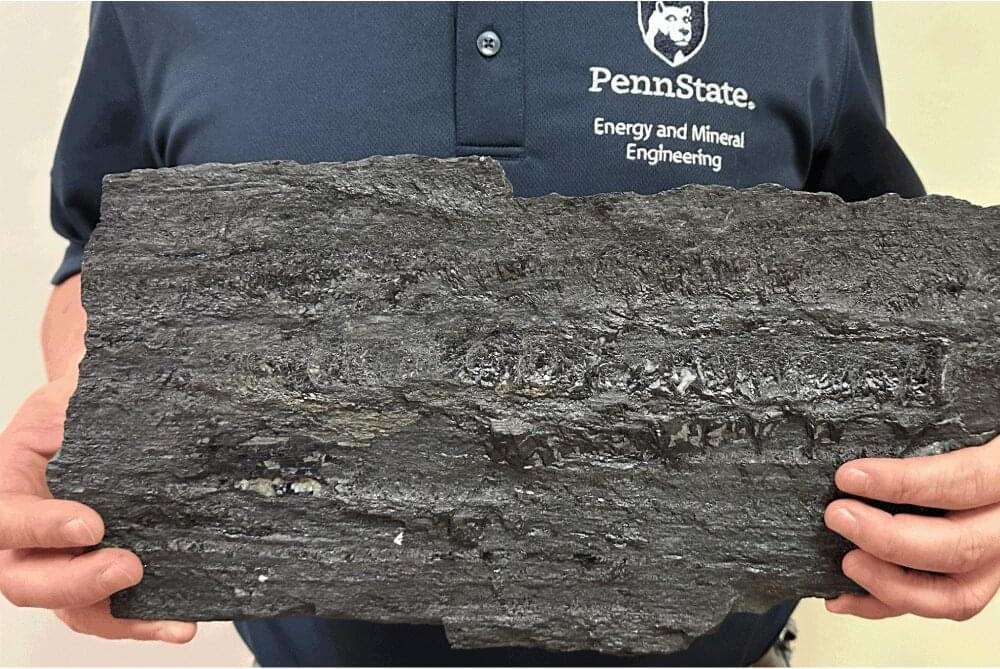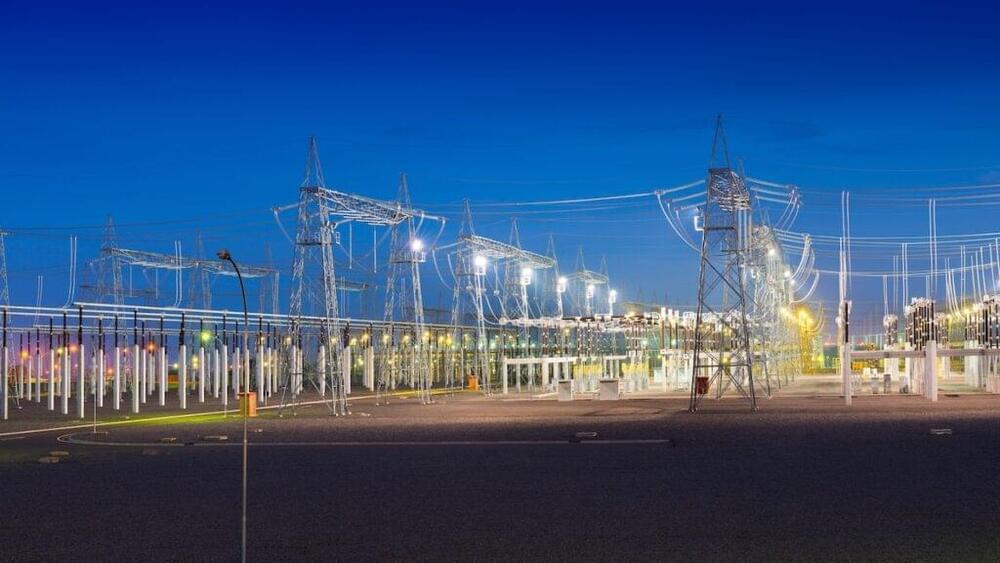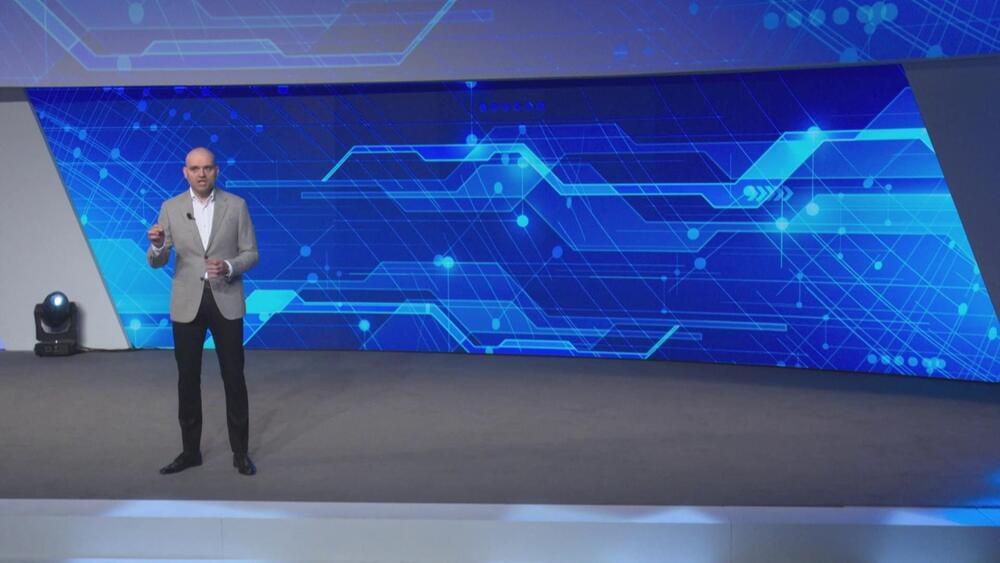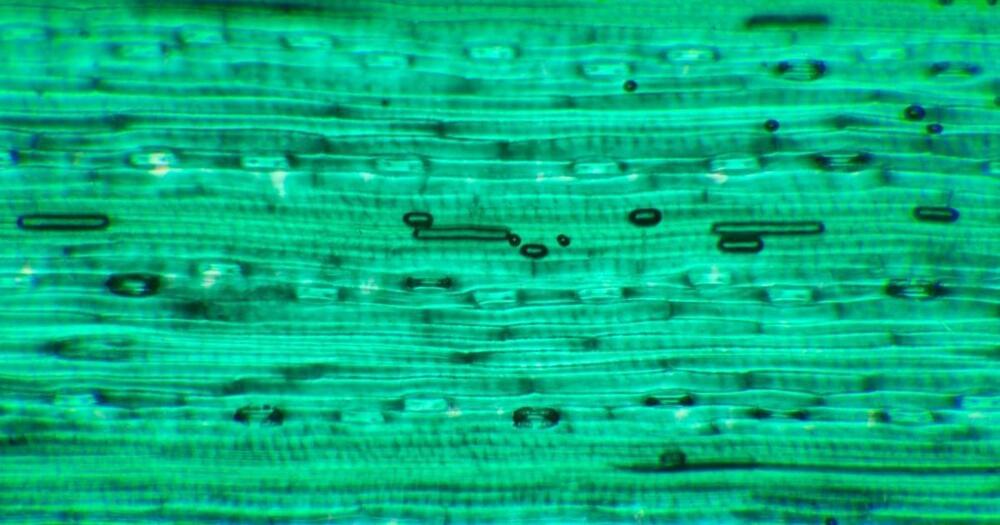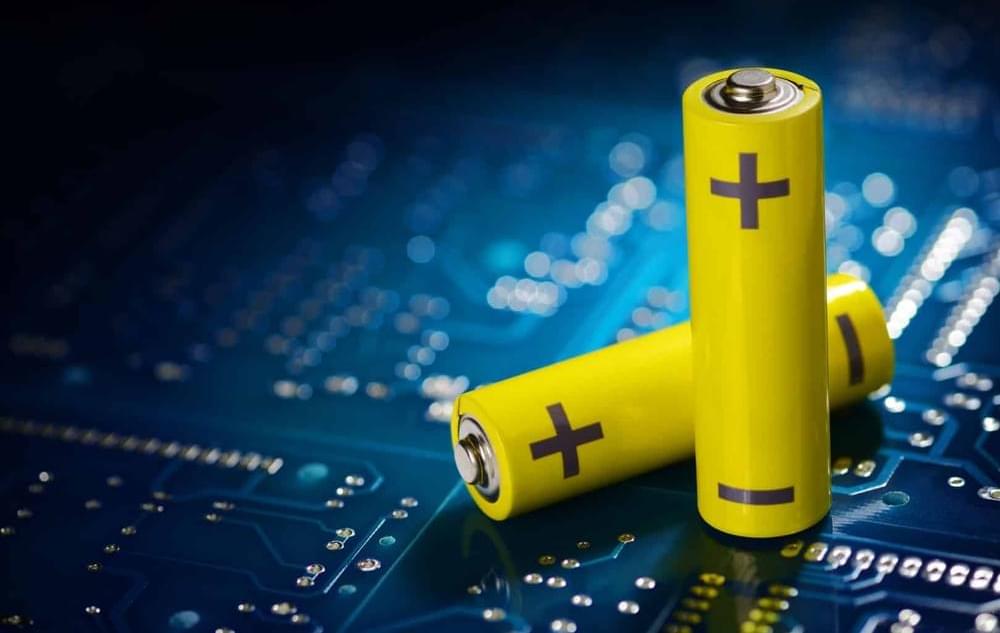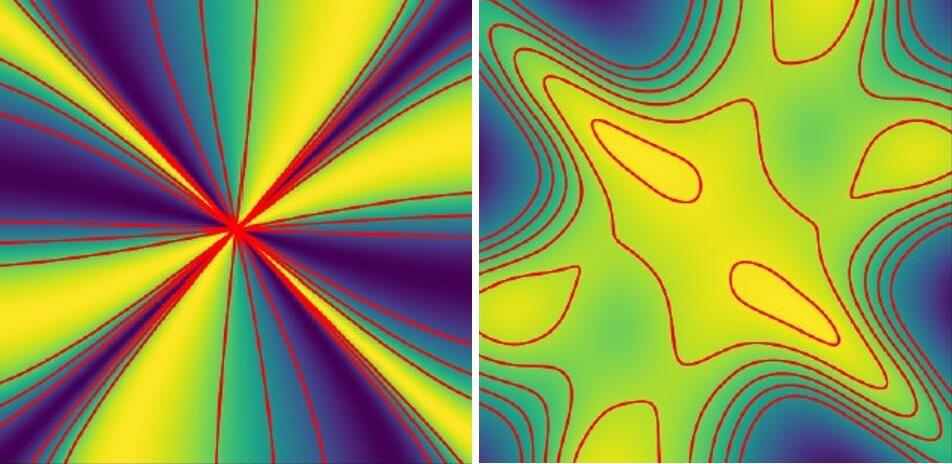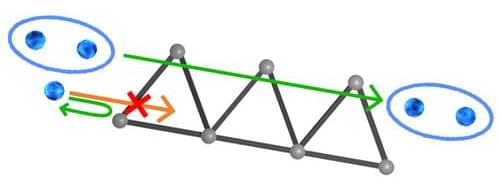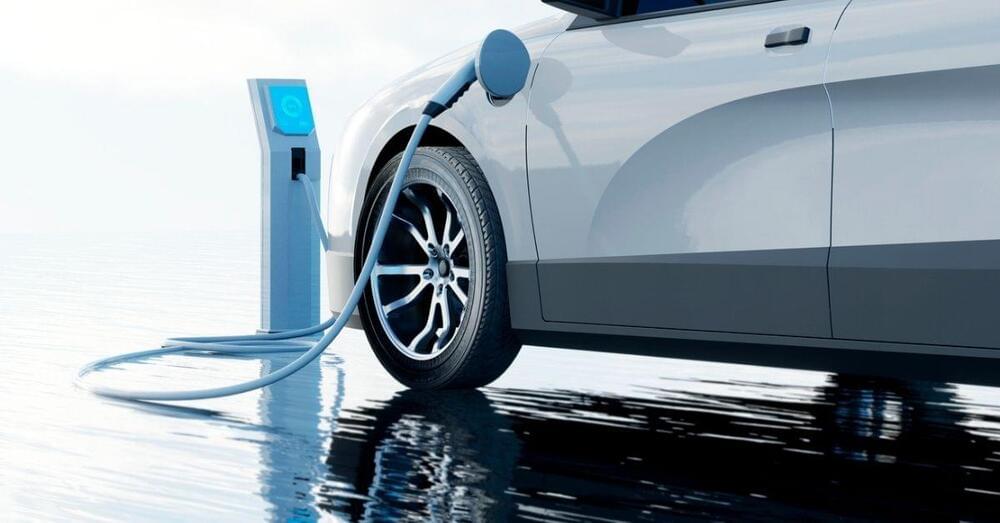May 30, 2023
World’s First “Battery Tanker” Slated For 2026 Sea Trials
Posted by Saúl Morales Rodriguéz in categories: energy, sustainability
“For instance, in Japan, a battery tanker can carry power from regions with high renewable energy supply potential, such as Kyushu and Hokkaido, to high-demand areas of Honshu or for inter-island power transmission,” the company explained.
While electric propulsion vessels might be the future to decarbonize the shipping industry, there appears to be a need to haul stored renewable power to other grids worldwide via a new tanker class.

